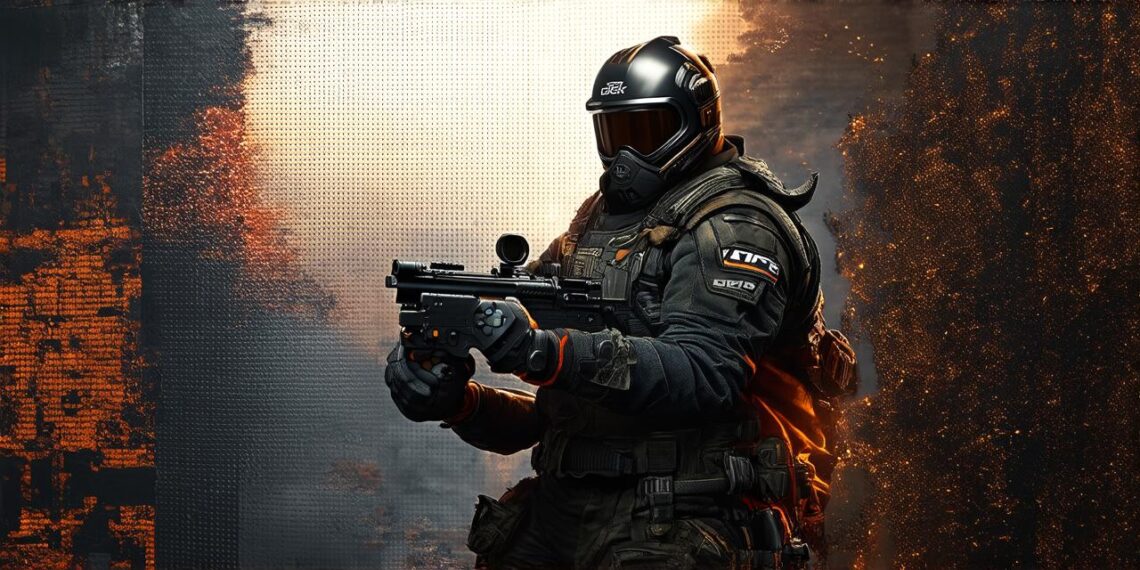As a game developer, you know how important it is to have the right tools at your disposal. Whether you’re just starting out or an experienced professional, choosing the best game development software can make all the difference in your success.
Unity vs. Unreal Engine
Unity and Unreal Engine are two of the most popular game development software options available today. Both platforms offer powerful tools for creating games across multiple platforms, including PC, mobile, and console. However, there are some key differences between these two platforms that you should consider before making a decision.
Unity is known for its ease of use and affordability, making it a popular choice for beginners and smaller studios. It offers a wide range of features and tools, including 2D and 3D game development, animation, and physics simulation. Unity also supports a large number of plugins and assets that can help you extend the functionality of your games.
Unreal Engine, on the other hand, is known for its high-performance graphics capabilities and advanced features such as real-time ray tracing and motion capture. It’s often used by larger studios working on more complex projects, but it can also be a good choice for smaller teams with more advanced skills.
While both platforms have their strengths and weaknesses, the right choice for you will depend on your specific needs and experience level. If you’re just starting out or working on a smaller project, Unity may be the better option. But if you need advanced graphics capabilities and are looking to create more complex games, Unreal Engine may be worth considering.
Other Options
In addition to Unity and Unreal Engine, there are several other game development software options available. Some of the most popular include:
- Godot: This is an open-source 2D and 3D game engine that’s known for its ease of use and flexibility. It offers a wide range of features and tools, including physics simulation, animation, and scripting. Godot also supports multiple programming languages, making it a good choice for developers with different skill sets.
- CryEngine: This is a powerful 3D game engine that’s often used by larger studios working on high-performance games. It offers advanced features such as real-time graphics rendering and physics simulation, but can be more difficult to use than some of the other options on this list.
- Stencyl: This is a beginner-friendly game development platform that’s designed to make it easy for anyone to create games without writing code. It offers a drag-and-drop interface and a wide range of pre-built assets and templates that can help you get started quickly.
Choosing the Right Software for Your Needs
When choosing game development software, there are several factors to consider. These include:
- Ease of use: How easy is it to learn and use the software? Will you need extensive training or experience to get started?
- Features and tools: What features and tools does the software offer? Do they meet your specific needs and requirements?
- Performance: How well does the software perform in terms of graphics rendering, physics simulation, and other key factors?
- Support and community: Does the software have a strong support community and a large user base? This can be especially important for beginners who may need help getting started.

Ultimately, the best game development software for you will depend on your specific needs and experience level. By taking the time to research and compare the options available, you can make an informed decision that will help you succeed in your game development journey.





